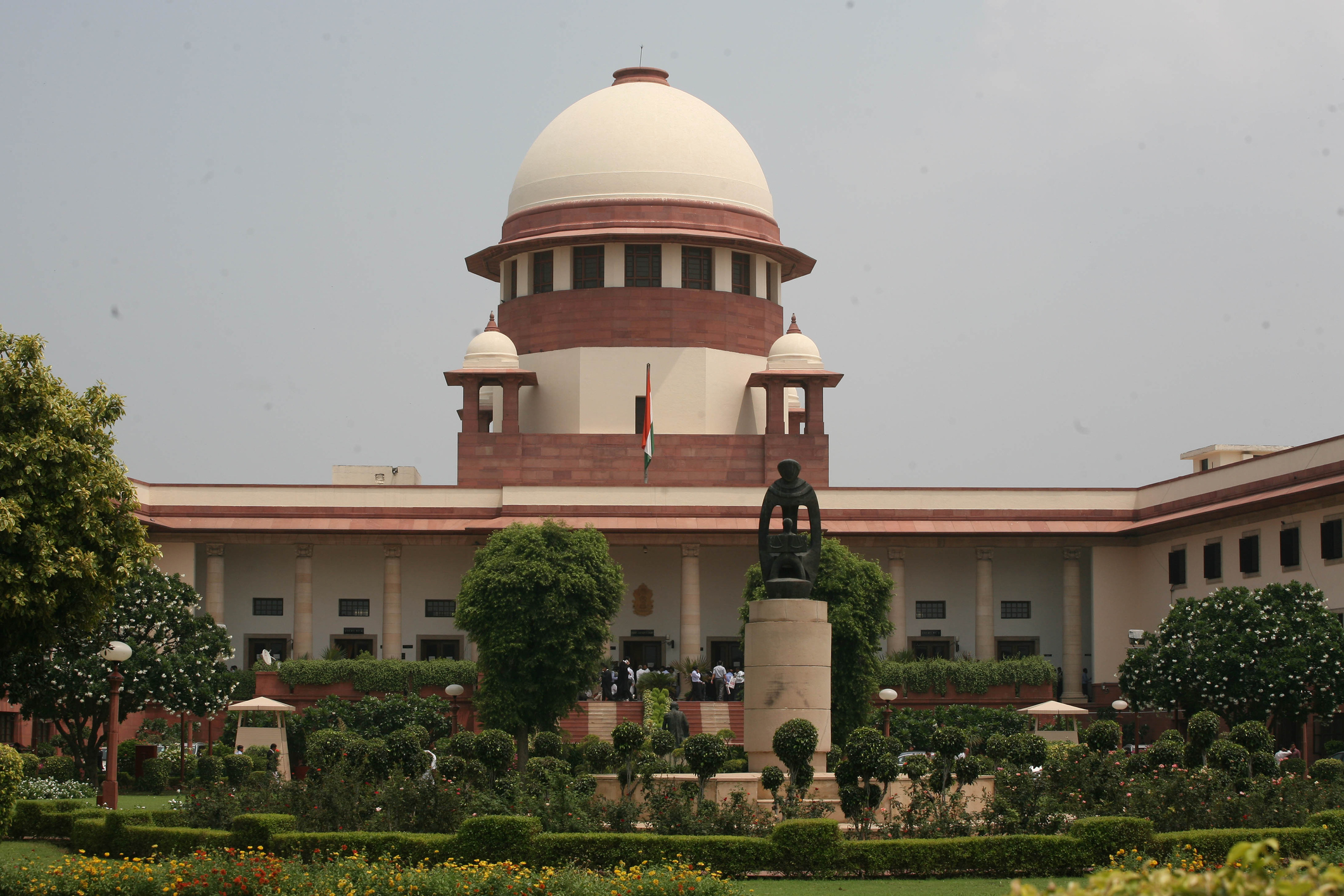“The court has set a time-frame after due deliberations and thought. Therefore, the entire process should take the course as charted out by the court,” said Fuzail Ahmad Ayyubi, the Supreme Court advocate representing AAMSU. “There were elections conducted [while the NRC process was on] and now, when everything is over, it should reach its logical conclusion.”
The Centre and the Assam government in the Supreme Court sought an extension of the July 31 deadline for the finalisation of the National Register of Citizens because a perception had grown that 'many exclusions and many more inclusions have been made wrongly'.
But the outfits opposing the NRC, such as the All Assam Minority Students' Union (AAMSU) that is a party in the case, fear that this was a move to stall the NRC release and make time for the Citizenship Amendment Bill so that Bengali Hindu migrants who do not figure in the NRC can be safeguarded.
The bench of Chief Justice Ranjan Gogoi and Justice R.F. Nariman on Friday took note of the submission by solicitor-general Tushar Mehta, who appeared for the Centre and the state government and said that the governments be allowed to undertake the verification of 20 per cent random samples of citizens for wrongful inclusions or exclusions in the NRC. The court, which had fixed July 31 as the deadline for publication of the final list, said it will look into the matter of the proposed sample survey on July 23.
'Please extend the deadline for publication of final Assam NRC from July 31 to a future date. There is a growing perception that many exclusions and many more inclusions have been made wrongly,' the solicitor-general said. 'India cannot be the refugee capital of the world,' he said, adding there was a need to re-look the draft NRC list through a sample verification.
But the All Assam Minority Student's Union (AAMSU) has reservations about the development. “The BJP, the central government and the government of Assam don’t want the NRC to be published. This is a political issue for them. They want to publish the CAB (Citizenship Amendment Bill) first and then bring the NRC,” AAMSU president Azizur Rahman said.
The Citizenship Amendment Bill attempts to amend the Citizenship Act, 1955, to allow illegal migrants citizenship on the basis of religion. The allowance has been made for “Hindus, Sikhs, Buddhists, Jains, Parsis and Christians from Afghanistan, Bangladesh and Pakistan”.
One of the requirements under the Act mandates 11 years of residence in India to be eligible for citizenship. The amendment would reduce this period to six years. The bill will consider for citizenship only those who moved into India before December 31, 2014.
The bill was passed on January 8 this year in the Lok Sabha. It was not passed in the Rajya Sabha.
During his election campaigns in Assam and Bengal, BJP chief Amit Shah had said that the bill will be passed first to ensure that all the refugees from neighbouring countries get Indian citizenship and then the NRC will be implemented “to detect and deport every infiltrator”.
'The delay, due to an extended verification process, would help the BJP-ruled government to reintroduce the Citizenship Amendment bill. Passing the bill would mean saving the Bengali Hindu population who are trapped in the NRC net,' Rahman said.
Assam’s elaborate process of weeding out foreign nationals through a revision of NRC started in December 2013. The midnight of March 24, 1971, was set as the cut-off date based on which residents of Assam have to prove their nationality and get their name included in the NRC by submitting specific documents as proof.
More than 40 lakh people were left out of a draft NRC list published in Assam last year. An additional exclusion list published last month brought under doubt the identity of 1,02,462 people who were earlier in the complete NRC draft list.
In the plea before the Supreme Court, the solicitor-general argued for a five-point prayer. The prayer asked for an order “directing 20% sample re-verification of names included in the final draft NRC” in districts bordering Bangladesh and 10 per cent re-verification in remaining districts of Assam. It also asked for an order directing such re-verification to be conducted by Class I officers of the state governments “from other districts who have knowledge and experience of handling the process of enquiry.”
The plea said this “sample re-verification be undertaken at a place different from the place where the NRC exercise had taken place”.
“Not just once, they have been re-verifying multiple times. So many hearings, so many verifications and now they want another round of it,” said Rahman. “With the last (exclusion) list, 1,05,462 people were removed from the list. This was done after 100 per cent re-verification of the list (of those who made it).”
Rahman said that during the ongoing hearings in the claims and objections phase, people who filed claims, not just theirs but the entire family’s documents are being verified. “Relatives are being called to hearings.... This again means a 100% re-verification. This demand is only to waste the time,” he added.
The petition in the Supreme Court also attached a memorandum submitted to the President by a little-known NGO called Sachetan Nagarik Mancha. The Mancha had said that “around 25 lakhs plus indigenous Indian citizens of Assam have signed the memorandum, demanding an error-free NRC'.











